There are many joys of impending motherhood. Food restrictions are probably not one of them. Most moms can think back to when they went without alcohol, caffeine, and fish for nine months and how long that period seemed, especially when they had to watch their shameful friends consume wine and soft cheeses in front of them.
Of course, as a mother, you do what is in the best interest of the child since everything you eat helps nourish the baby. Leafy greens, lean proteins, fruits, and other foods that aren’t bacon or sushi, are typically on the menu for nine months. Fish is an important component of an expecting mother’s diet but it may be shunned because of fears of mercury content. However, without fish, both mom and baby are missing out on important dietary fats and omega-3s.
Omega-3 is a fatty acid comprised of EPA and DHA. EPA can help your heart, immune system, and can reduce inflammation from exercise or other causes. DHA can support brain and eye health. Athletes take over 10 grams of EPA and DHA daily with no side effects. If omegas are good for those hard training champions, then they’re also good for your future gold medalist. You can safely take omega-3s for the health of both you and your baby. In fact, it is encouraged.
According to American Pregnancy, omega-3s are essential for the neurological and visual development of a baby, prevention of early labor, increasing birth weight, and lowering the risk of preeclampsia or a baby’s risk of asthma and allergies. Also, because pregnancy can deplete a mother of vitamins, not to mention sleep, consuming supplements can help restore those nutrients for the all-important production of breast milk.
However, a study published in the journal Obstetrics and Gynecology found that many pregnant women do not get enough omega-3s during their pregnancy. Fish is the only source of the EPA and DHA fatty acids, but when you are with child it is recommended you have no more than two servings of catch of the day each week because of the heavy metal content. When pregnant you need more of an easy listening vibe, so for this reason, you must find your fatty acids elsewhere. Flaxseeds, chia, and hemp do contain omegas, but of the ALA acid variety, which aren’t as rich in benefits as EPA and DHA.
Luckily fish oil as a supplement is a viable option. They supply the body with omega-3 nutrients without having to consume loads of fish. As a bonus, the omega-3s in fish oil can also help combat a diet that is too rich in omega 6 fats, which has overpowered omega-3s two to one in the average American, according to the American Journal of Clinical Nutrition.
When embarking on the fish oil voyage remember that not all supplements are alike. Some are of higher quality upon close examination. You want to make sure, especially if you are preggo, that you are taking one that is high strength with pure ingredients, low amounts of toxins or heavy metals, and that is certified by the International Fish Standards Program. That will make you confident that the product is safe for you and your little one, and what’s wrong with being confident?
SFH’s omega-3 fish oils are five-star rated and IFO approved. They come in flavors like peppermint, orange, and berry, so you will enjoy the taste. In addition, there is an oil perfect for expecting mothers: Women’s Omega-3 Multi-Vitamin mix. WS03 is a fish oil designed specifically for women with approximately 3500 mg of EPA/DHA as well as Vitamins A, D3, K2, B12, and folic acid. Since vitamin levels may drop during pregnancy or breastfeeding, the addition of these nutrients is essential for mother and child. Another way that SFH is helping you become Stronger, Family, Healthier.


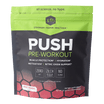
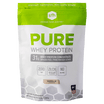
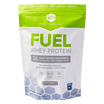
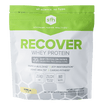
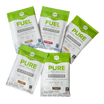
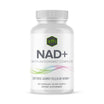
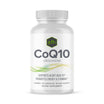


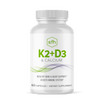
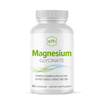
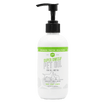
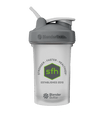

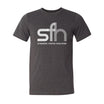

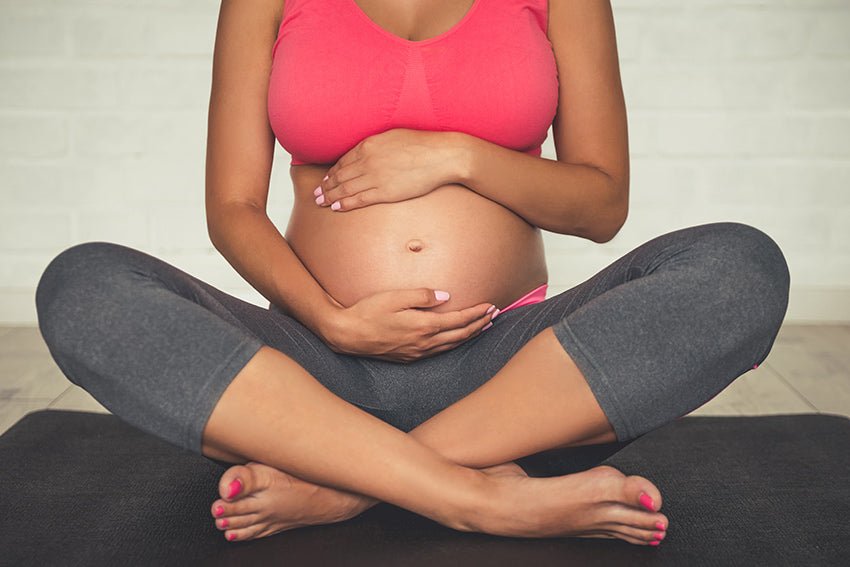
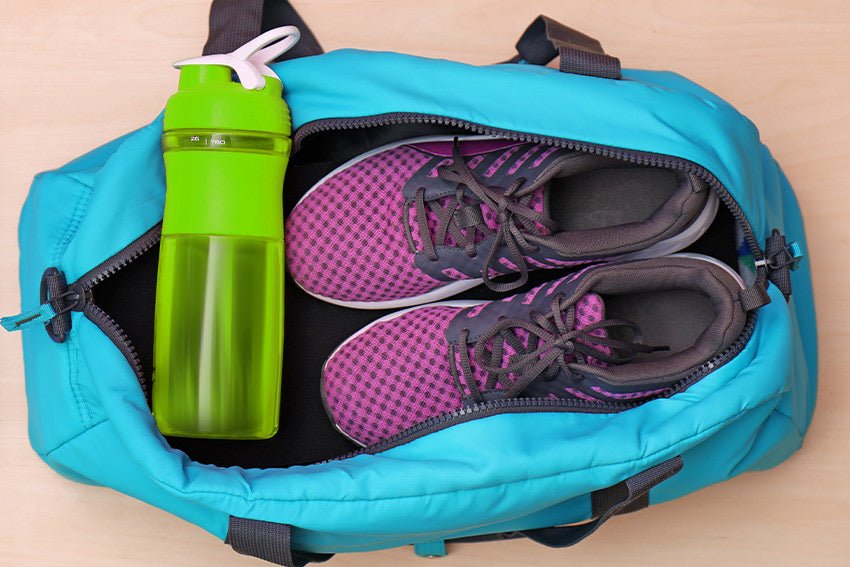

Leave a comment
This site is protected by hCaptcha and the hCaptcha Privacy Policy and Terms of Service apply.